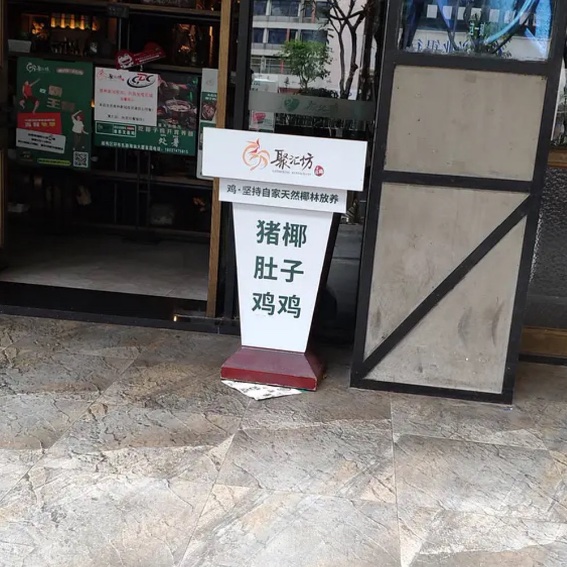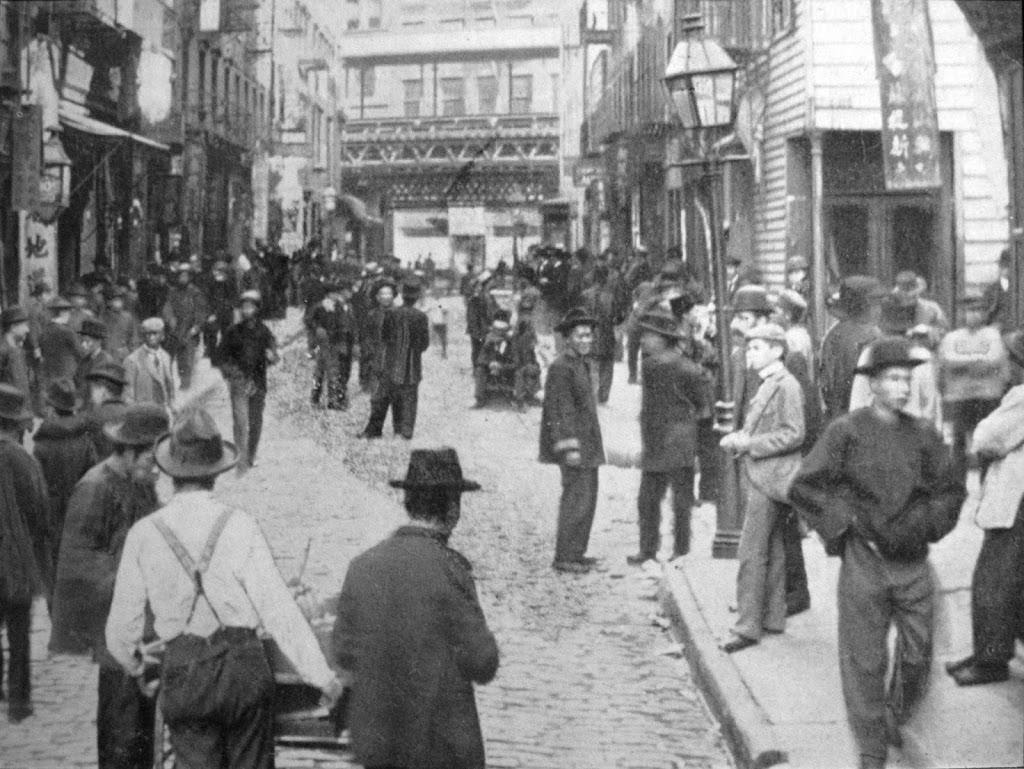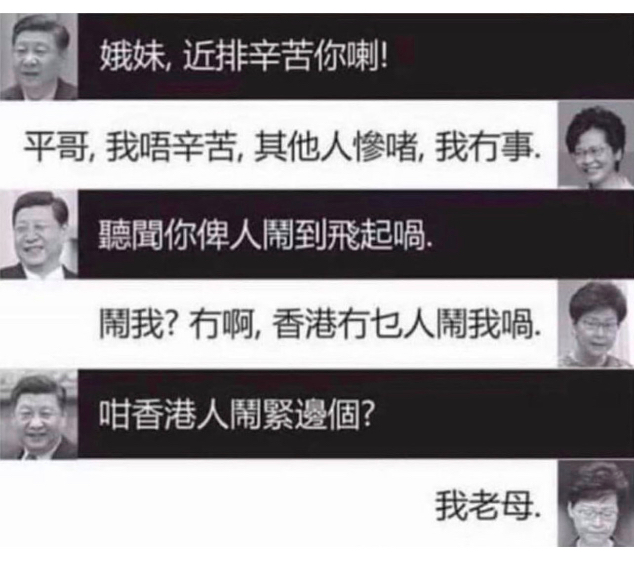Archive for Topolects
March 22, 2022 @ 5:50 am· Filed by Victor Mair under Dialects, Intelligibility, Language and politics, Language teaching and learning, Topolects
[This is a guest post by Grant Newsham]
My mother was Rusyn. (Carpatho-Rusyn, Ruthenian, Lemko [in Poland]). Originating in a small village, Volica, up in today's northeast Slovakia — though she grew up in coal country near Pittsburgh. Her first language was Rusyn — but I don't think she really knew exactly what language it was until much later in life. They had no real sense of nationhood. She said she spoke 'Russian' — but referred to it as just 'Kitchen Russian' — or some inferior form of Russian. I think it did kind of bother her – thinking that she was a hillbilly of sorts and speaking uneducated Russian.
However, the language is basically Ukrainian (with some differences) — so close that the Ukrainians don't consider it, or the Rusyns, as distinct entities. After the communists were overthrown, the Slovak government allowed Rusyn nationality (and have set up some Rusyn-language schools [a cousin teaches at one]) and you'll see signs in Rusyn, but the Ukrainians still do not. My grandfather was very clear that they were not Ukrainians.
Read the rest of this entry »
Permalink
March 17, 2022 @ 11:37 am· Filed by Victor Mair under Classification, Dialects, Topolects
In "Give Elfdalian, Haitian, Limburgish, Patois, Ukrainian and, yes, Black English their due", NYT (3/11/22), John McWhorter writes:
It was long ago common for Russians to regard Ukrainian as just a dialect of Russian. “Little Russian,” it was called. Writing for The Conversation this week, Florida International University’s Phillip Carter said, “If you ask some Russian nationalists, Ukrainian isn’t a language at all,” noting that in the 1863 Valuev Circular, Pyotr Valuev, Russia’s interior minister, decreed that a separate Ukrainian language did not exist.
Read the rest of this entry »
Permalink
March 12, 2022 @ 9:57 pm· Filed by Victor Mair under Dialects, Language and computers, Language and the media, Language teaching and learning, Standard language, Topolects, Writing systems
We've just been through the problems of standard language versus the vernaculars in Arabic (see "Selected readings" below). Now we're going to look at a photograph, a caption, a book review, and a letter to the editor that encompass these contentious issues in spades — but for Chinese. Here's the photograph:

Read the rest of this entry »
Permalink
March 9, 2022 @ 5:27 am· Filed by Victor Mair under Data bases, Topolects, Vernacular
For Arabic diglossia references, see the works of Mohamed Maamouri, e.g., here, here, here, here, here, here, and here (pdf).
An important point to make is that the regional Arabic "colloquials" have been developing in separate directions nearly as long as the regional Romance varieties have. So Moroccan Arabic is roughly as different from Gulf Arabic as (say) French is from Portuguese….
Read the rest of this entry »
Permalink
March 8, 2022 @ 6:07 am· Filed by Victor Mair under Standard language, Topolects, Vernacular
To refresh our collective memory and to provide the context for the present post and the other posts in this series, I repeat the following questions:
1. Is there such a thing as "Classical Arabic"? If there is, how do we describe / define it?
2. What is "Standard Arabic"?
3. What is Quranic Arabic? How different is it from Standard Arabic?
4. How many vernacular Arabic languages are there? Egyptian? Syrian? Lebanese? Are they quite different from Standard Arabic? Are they mutually intelligible? Do they customarily have written forms and a flourishing literature?
—
You may also wish to revisit the introduction with which the first post in the series began. It was followed by a lively, informative discussion in the comments.
Devin Stewart offered the following illuminating response:
These are some tough questions to answer, and the answers are all going to be impressionistic, but just to give you a own sense of a few guidelines for beginning to understand the dialect situation.
Read the rest of this entry »
Permalink
March 3, 2022 @ 9:54 am· Filed by Victor Mair under Names, Phonetics and phonology, Spelling, Topolects, Toponymy, Variation
In studying the history of the Chinese Imperial examination system, I came upon an individual named Stafford Northcote (1818-1887), 1st Earl of Iddesleigh, who was instrumental in devising the British civil service. Naturally, I tried to pronounce the name of the village he was from, but couldn't quite wrap my head and tongue around it. So I decided I'd better do a bit of research on the history of Iddesleigh to see what topolectal gems lay hidden in that perplexing concatenation of six consonants and four vowels.
Read the rest of this entry »
Permalink
February 24, 2022 @ 5:20 am· Filed by Victor Mair under Topolects, Writing systems
Read the rest of this entry »
Permalink
February 13, 2022 @ 4:54 pm· Filed by Victor Mair under Language and geography, Lexicon and lexicography, Slang, Topolects, Words words words, Writing systems
Photograph of a menu board outside a Chinese restaurant:

(From an anonymous contributor)
Read the rest of this entry »
Permalink
February 13, 2022 @ 4:49 pm· Filed by Victor Mair under Language and food, Topolects, Transcription
Part of a menu in Taiwan:

(Provided by Grace Wu)
Read the rest of this entry »
Permalink
February 5, 2022 @ 12:08 pm· Filed by Victor Mair under Language and ethnicity, Language and history, Topolects
From Bob Ramsey:

Pell Street in New York’s Chinatown, 1899
Read the rest of this entry »
Permalink
February 1, 2022 @ 8:29 am· Filed by Victor Mair under Language and fashion, Language and politics, Names, Pronunciation, Topolects
Under the rubric, "An Odd Question", Doug Adams (the Tocharianist) asked:
Why do we always refer to Sun Yat-sen (1866-1925) and Chiang Kai-shek (1887-1975) in Cantonese (?) phonological form rather than Mandarin?
Simple reply
Before about 1975, Cantonese was by far the most widespread and prevalent Sinitic language around the world outside of China, and Sun's Cantonese art name, Yat-sen, was so deeply ingrained and familiar in English for decades — both in speech and in writing — that it would have been very difficult to change it to Mandarin Yìxiān 逸仙 ("Liberated Transcendent"). Anyway, he had many other different names for different purposes, and some of them were as popular as Yat-sen, e.g., Chung-shan / Zhongshan, which actually derives from a Japanese pseudonym / nom de guerre (Nakayama Kikori [see below]) given to him by a Japanese friend. Chung-shan / Zhongshan 中山 was / is so widespread in China that his hometown was renamed after it, making Zhongshan one of the few cities in China to be named after a person. Zhongshan is also used as the name of the style of jacket that Sun Yat-sen liked to wear: Zhongshan suit (simplified Chinese: 中山装; traditional Chinese: 中山裝; pinyin: Zhōngshān zhuāng), but in the PRC it came to be known as the Mao suit. (I'm the proud owner of a Zhongshan suit, which I had tailor made in Taipei in 1971.) There are dozens of other things and places called Zhongshan in China, a few of them referring to states from much earlier times that are completely unrelated to Sun Yat-sen / Zhongshan, for which see here.
Read the rest of this entry »
Permalink
January 30, 2022 @ 1:38 am· Filed by Victor Mair under Abbreviation, Swear words, Topolects
Via Jeff DeMarco on Facebook comes this imagined conversation between the leaders of China and Hong Kong, Xi Jinping and Carrie Lam.

Read the rest of this entry »
Permalink
January 4, 2022 @ 10:36 pm· Filed by Victor Mair under Language and education, Language policy and planning, Language teaching and learning, Topolects
Judging from this article and other news I've been receiving on this subject in recent days, this is one more piece of evidence that Taiwan is serious about supporting languages and topolects other than MSM (Modern Standard Mandarin):
Taiwan university offers raises to encourage faculty to teach in native tongues
Instructors eligible for 50% hourly wage hike for conducting classes in Indigenous languages, Taiwanese, Hakka, Taiwan Sign Language, or Matsu dialect
By George Liao, Taiwan News (1/3/22)
The article is short but sweet:
National Taiwan Normal University (NTNU) recently passed a national language development measure that encourages full-time faculty to teach courses in the country's native languages by raising their pay.
These languages include Taiwanese, Hakka, Indigenous tongues, the Matsu dialect, and Taiwan Sign Language, CNA reported.
Read the rest of this entry »
Permalink




